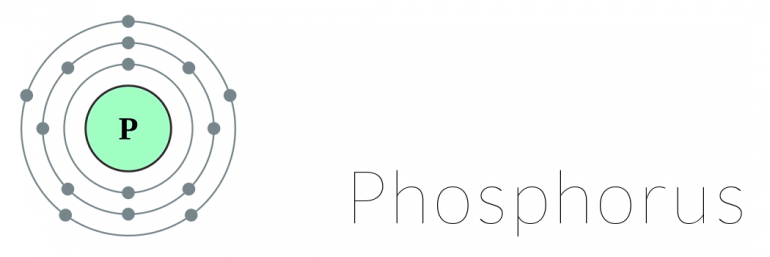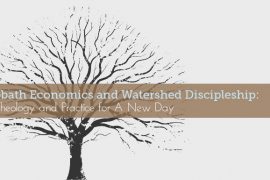This piece from NPR’s food blog, The Salt, caught my ear this morning. Our food choices are always, already, interconnected.
Take this example: traditionally phosphorus, in the form of animal waste, was used as an input for growing crops. Animals and plants were held together in a dynamic, interconnected, system.
Today, industrial fertilizers (and industrial agriculture) has allowed greater economies of scale and specificity, which has driven down prices. Great.
But it also has meant a bifurcated and disconnected patchwork of concentrated food production. Plants here. Animals there. Runoff from massive animal production facilities leads then to these valuable nutrients, like phosphorus, becoming a pollutant in streams, rivers and waterways.
Our agricultural system heavily subsidizes inputs for meat production, like corn and soybeans, making this sort of production (and waste) viable. Is there a way to change this economy? What sorts of choices could we make on the individual, household, or local level? Chime in with your thoughts.





